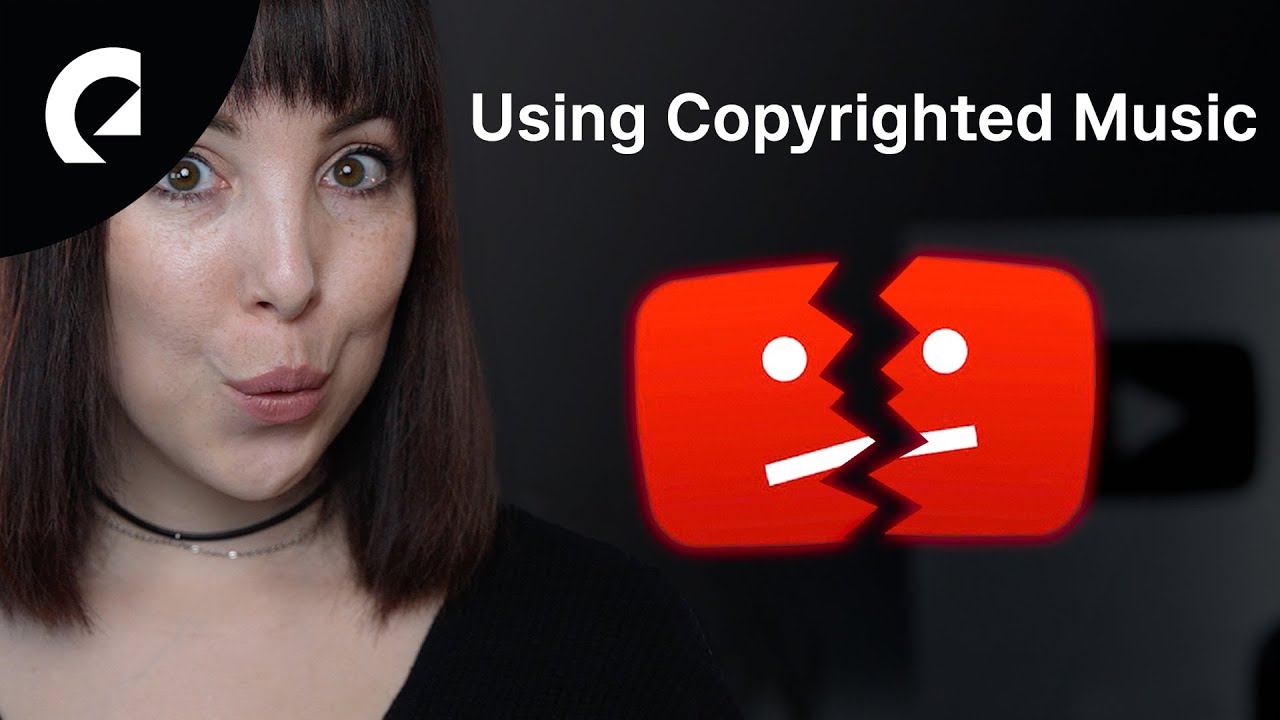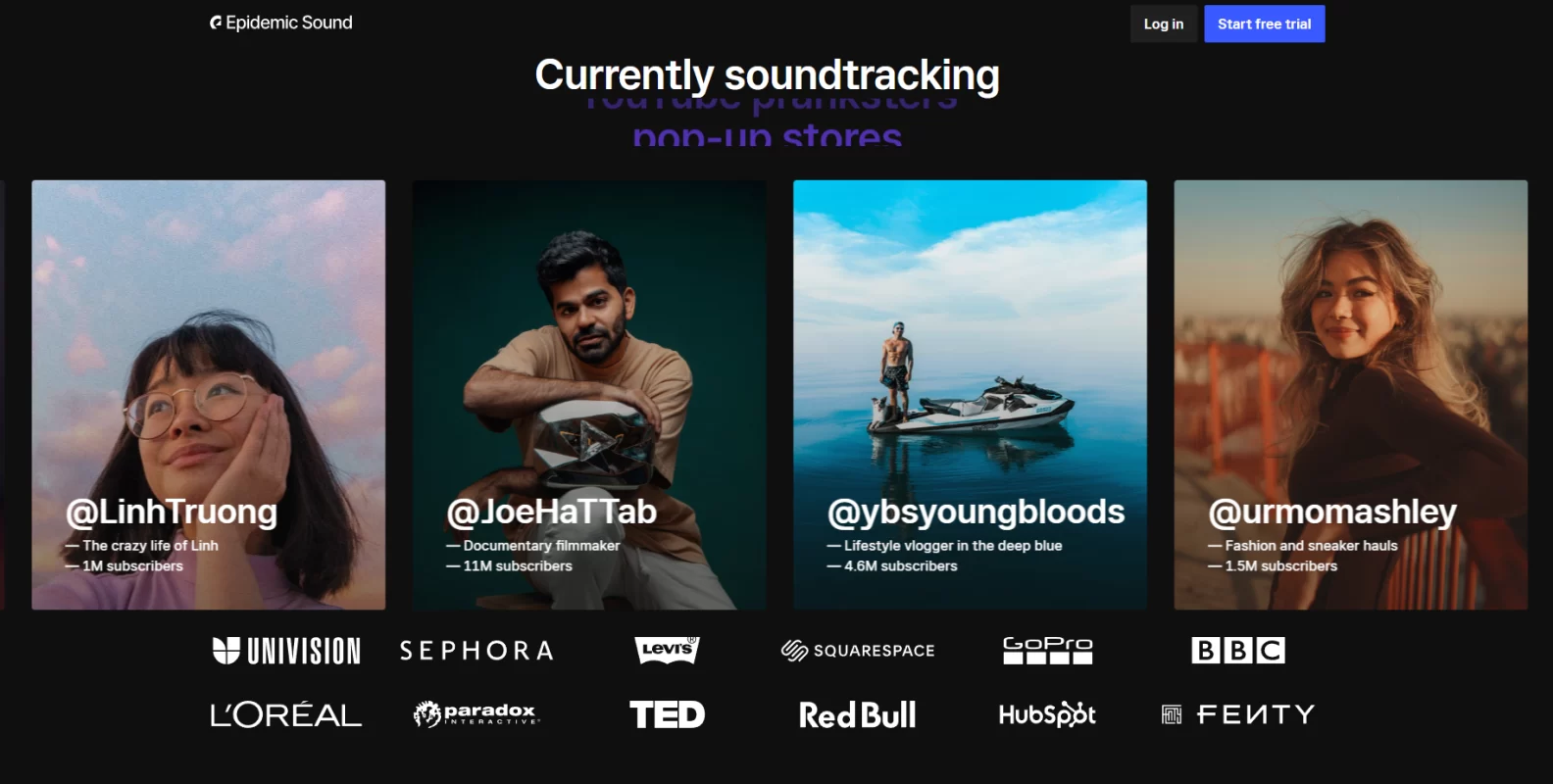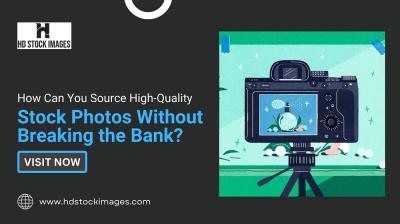When you create music, it's more than just notes and rhythms; it’s a piece of your soul. But what happens when you share that creation with the world, especially on platforms like YouTube? You might start wondering: should I copyright my music before uploading it? In this post, we’ll explore the reasons why copyright is crucial for musicians and the benefits it brings to your creative work.
The Importance of Copyrighting Your Music

Copyrighting your music is akin to putting a protective boundary around your creative work. It ensures that you, and only you, can control how your music is used and distributed. Here are some key reasons to consider copyrighting your music before you hit that upload button:
- Legal Protection: Copyright provides legal protection against unauthorized use. If someone else uses your music without permission, you have the right to take legal action.
- Ownership Rights: Copyright gives you ownership of your song, meaning you can license it, sell it, or even assign it to another party.
- Prevents Theft: By copyrighting your music, you're making it clear that your work is protected, which can deter potential thieves who might otherwise steal your art.
- Monetization Opportunities: If your music gains popularity, having it copyrighted allows you to monetize it. Platforms like YouTube may recognize your work and provide you with options to earn revenue through licensing and ads.
- Attracting Filters for Promotions: Record labels and music promoters often look for original content that is copyright protected. It can enhance your credibility and increase your chances of getting noticed.
In summary, copyrighting your music not only secures your rights but also opens doors for monetization, collaboration, and professional growth. In a world where music is easily shared and remixed, taking this step is crucial to maintaining the integrity and value of your creations.
Understanding Copyright Laws

Copyright laws are designed to protect the creative rights of artists, including musicians. When you create a piece of music, you automatically hold the copyright for that work as soon as it's fixed in a tangible medium. This means that once you've recorded, written down, or produced your music, you own the rights to it without needing to officially register it.
However, understanding how copyright works in the context of platforms like YouTube is crucial. Here are some key points to keep in mind:
- Automatic Protection: As mentioned, copyright protection is automatic, but registering your work can enhance your legal standing if disputes arise.
- Duration: Copyright lasts for the life of the creator plus 70 years, but laws may vary by country.
- Exclusivity: Copyright gives you the exclusive right to reproduce, distribute, and perform your music.
- Fair Use: Some uses of music without permission may be considered “fair use,” but this is a complex area and often leads to disputes.
- YouTube's Content ID: YouTube has a system that detects copyrighted material. If your music is used without your permission, you might not receive monetization or could even face removal.
Understanding these laws can empower you to make informed decisions about your creative works—especially when sharing them on platforms like YouTube. It’s always a good idea to stay informed and consider taking extra steps to ensure your rights are fully protected.
Steps to Copyright Your Music
So, you’ve created an amazing track, and now you're wondering how to copyright your music before uploading it to YouTube. Here’s a straightforward guide to help you navigate the process:
- Document Your Creation: Keep records of your music composition, lyrics, and any drafts or recordings. This documentation can be invaluable if you ever need to prove ownership.
- Register Your Work: While copyright is automatic, registering with the U.S. Copyright Office (or the relevant authority in your country) can strengthen your legal position. Here’s how:
- Fill out an online application form.
- Pay the required fee, which typically ranges from $35 to $55.
- Submit a copy of your work.
- Mark Your Work: Once you’ve registered your music, consider marking it with a copyright notice. This can be as simple as placing © [Your Name] [Year] on your album cover or in the metadata of your files.
- Monitor Your Music: Regularly check for unauthorized use of your music online. Services like YouTube’s Content ID can help you with this, allowing you to claim or monetize any infringements.
- Consult a Legal Professional: If you’re serious about your music career, it might benefit you to consult with an attorney who specializes in intellectual property. They can guide you through the complexities of copyright law and help you navigate potential disputes.
By following these steps, you'll not only protect your creative work but also gain peace of mind as you share your music with the world. Happy creating!
How to Upload Your Music to YouTube Safely
When it comes to sharing your music on YouTube, it's crucial to take the right steps to protect your work. After all, you want your creativity to be acknowledged and safeguarded, right? Here are some tips to ensure you upload your music safely:
- Choose a Unique Title: Make sure your song title is original and doesn’t closely resemble existing tracks. This helps in reducing the chances of confusion or disputes.
- Prepare Metadata: Fill in the necessary metadata, including the song's description, genre, and proper credits. This not only helps with organization but also strengthens your copyright claims.
- Consider Watermarking: If you're concerned about someone misusing your content, consider watermarking your music or using visual elements in your video that identify it as yours.
- Enable Content ID: YouTube's Content ID system can help protect your tracks. By registering your music with Content ID, YouTube can automatically recognize it and take action against unauthorized uploads.
- Use a License: Clearly specify the type of license your music falls under, whether it's a Creative Commons license or a traditional copyright. This informs viewers about how they can use your music.
- Monitor Your Uploads: Keep an eye on your video analytics and comments. Interaction can sometimes lead to unauthorized use, so it’s good to be vigilant.
By following these practices, you can confidently share your music on YouTube while keeping it safer from infringement.
Benefits of Copyrighting Your Music
Copyrighting your music might seem like an unnecessary step to some, but it's a powerful tool for any artist. Let’s explore the advantages:
| Benefit | Description |
|---|---|
| 1. Legal Protection | Your copyright acts as a legal shield, allowing you to take action against anyone who uses your music without your permission. |
| 2. Right to Reproduce | You gain exclusive rights to reproduce your work, meaning only you can decide how and where your music is used. |
| 3. Financial Gains | You can monetize your work, earning royalties from licensing deals, streaming, and performances, which can be a significant income source. |
| 4. Credibility and Professionalism | Having your music copyrighted demonstrates that you take your work seriously, which can increase your credibility as an artist. |
| 5. Assignment of Rights | Copyright allows you to assign or sell your rights. This means you can collaborate with other artists or companies to reach a wider audience. |
Copyrighting your music not only empowers you as an artist but also ensures your creativity is acknowledged and valued in the industry. So, if you're serious about your music career, it's definitely worth considering!
Should I Copyright My Music Before Uploading It to YouTube?
As a musician or content creator, you might be wondering whether it's necessary to copyright your music before sharing it on platforms like YouTube. The decision to protect your original work is vital for several reasons.
Copyright is a legal concept that grants the creator exclusive rights to their original works, including music. It serves to prevent unauthorized use or distribution of your material. When you upload your music to YouTube without copyright protection, you risk losing control over its use.
Here are some key considerations:
- Ownership Protection: Copyright legally asserts your ownership, preventing others from using your music without permission.
- Monetization Opportunities: By safeguarding your work, you can monetize it through YouTube’s Content ID system, allowing you to earn revenue from ads placed on your videos.
- Legal Recourse: Should any disputes arise, having copyright in place equips you with the authority to enforce your rights in a court of law.
- Brand Integrity: Protecting your music helps maintain its integrity and authenticity, ensuring that it is represented as you intended.
While copyright protection is automatic when you create your music, registering it formally can provide additional benefits, such as better protection in legal scenarios. You can register your music with organizations like the U.S. Copyright Office, a relatively straightforward process.
In conclusion, if you're serious about your music career and want to maintain control over your work, it’s advisable to copyright your music before uploading it to YouTube. This proactive measure ensures your rights are protected and opens up avenues for monetization and legal recourse.










